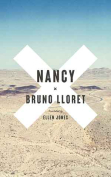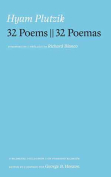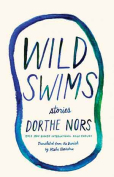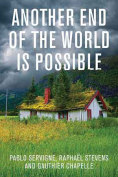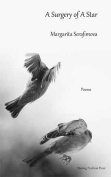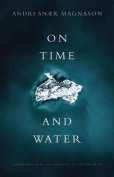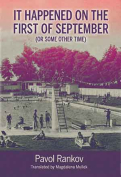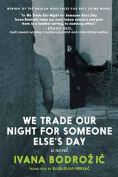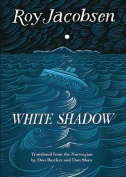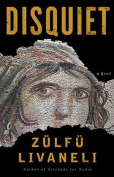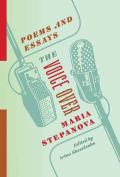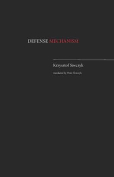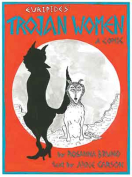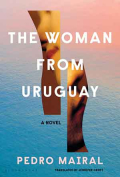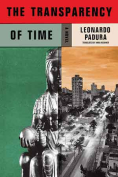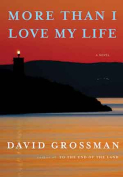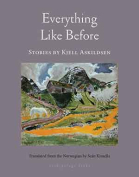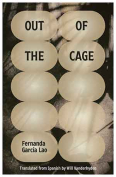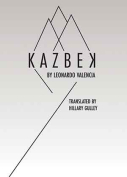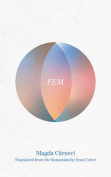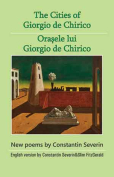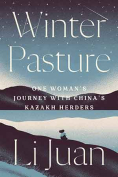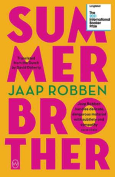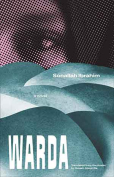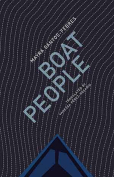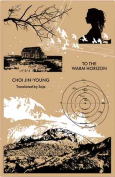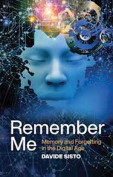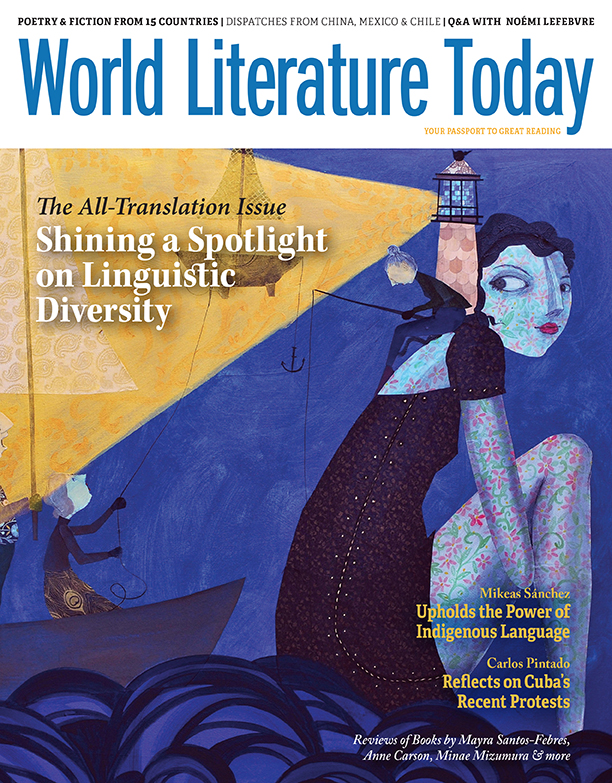Boat People by Mayra Santos-Febres
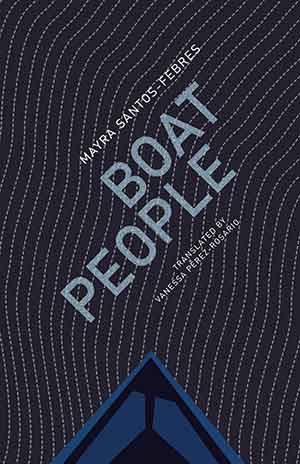 Phoenix. Cardboard House Press. 2021. 81 pages.
Phoenix. Cardboard House Press. 2021. 81 pages.
MAYRA SANTOS-FEBRES’S Boat People sloshes against the categorizable and indexical violence of logistics and discipline, subsuming colonial structures of containment into the uncontainable sea through sound and song. The title, Boat People, the same in the original as in the translation, begins these cross-current contradictions, itself claiming a peoplehood of migrants, a state of statelessness. This volume of twenty poems by Puerto Rican poet Santos-Febres is an elegy resisting colonization and the legacies of enslavement, the sea’s testament to horrors of the Middle Passage, and the “new middle passages, the afterlives of slavery.” Wail-rhythmed poems are spoken by the sea: gullet and belly of the earth and “home to what never ceases to have its fill.” Rather than manifesting an order, translator Vanessa Pérez-Rosario describes these poems manifesting “the body’s suffering, brokenness, and finitude.” This sense of corporal fracture, of the sea as break, swells into a cry against the ship manifest, the inventory, the catalog, the index, the instruments that attempt to turn bodies to profit.
Boat People in English translation allows this work to be read in relationship with a range of recent projects in English verse disrupting and intervening the violence of the manifest. Boat People imagines an “illegal” underwater city and a sea who bewitches and embraces bodies into that fold. The absurdity of disciplinary systems of anonymity and numbering of migrants appears throughout, in names like “undocumented 4,” “undocumented 7.” Rather than tethering these titles to a punitive state system, the sea herself becomes an index, insofar as she is a structure that subsumes and contains her contents.
Boat People recalls “elelegy” in Aracelis Girmay’s 2016 The Black Maria, a collection of elegies addressed to the sea—“great storage house, history.” Girmay writes from the vantage of Eritrean history and migration in North Africa, while, like Santos-Febres, gesturing toward an expansive “where” that includes “the Mediterranean Sea / the Red Sea / the Caribbean Sea / the Afterworld Sea / Sea of Death / any Sea.” The first poem of “elelegy” is titled “who” and includes “the sea, also a ‘you,’ talkless ‘witness,’ body of water, body of bodies.” This cast of dramatical characters contained within the work writes against the technologies by which discipline records an individualized “who” to fix people in place and prevent a “body of bodies.” Instead, Girmay describes the sea in terms resonant with Boat People, “Born without the order / of our roles.”
The ship manifest arranges objects shorn of subjecthood while obscuring, too, the subject who organizes the manifest. This interplay recalls a question asked by Fred Moten and Stefano Harney in The Undercommons: “Where did logistics get this ambition to connect bodies, objects, affects, information, without subjects, without the formality of subjects, as if it could reign sovereign over the informal, the concrete and generative indeterminacy of material life?” The response in Boat People is that the sea herself becomes a subject, ultimately consuming and trivializing discipline’s attempts at containment while she never ceases to have her fill.
The collection is marked by imagery of the belly, the mouth, vomit. Flesh and the sea commingle from the outset, the body “swollen like mollusks.” The belly is an inner sea, that which mixes its inputs and turns them to waste, just as the sea is earth-belly. Like Boat People, Girmay’s “elelegy” describes this digestive, enveloping function whereupon the sea is within the body as the body is within the sea, and this link is also bound up with a breakdown of language. With splintering meanings of the word “project,” “elelegy” addresses the sea: “Your lack of human speech / & body, whose body / we project our own into.” As Boat People progresses, the belly expands to a maw (fauces), subsuming the throat, gullet, jaws. Gnashing and disassembling flesh and language at once, “la fauce azul / alafau sea sul,” Pérez-Rosario’s translation sustains this simultaneity and breakdown: “like the yawl that tossed your excess weight / into the blue maw / intothe bluem aw.” This spacing, repetition, reordering of proximity gestures toward bodies opening out in multiple ways, becoming un-numberable, un-indexical, un-categorizable.
Pérez-Rosario describes Santos-Febres as practicing “a cimarrón poetics, which works to create ‘illegal’ and ‘undocumented’ spaces that exist beyond surveillance and policing.” This is a poetics of “opacity” that “resists legibility,” impelling the act of translation to break from its potential complicity in systems of discipline and instead to trenchantly question any move toward intelligibility. The sea, after all, is site of language that never fully arrives, is the organ of absorption that will never absorb everything. The sea in “elelegy” “is always carrying some otherelse / almost here,” yet another resonance with Santos-Febres’s “almost there / the earth with its belly open / almost there. // the stench of its entrails / mire.” This verse demands that the translator seek out lines like “the bluem aw,” but it also demands more. It is not enough to interact with the original based on a scale of replication and difference or nearness and farness. Boat People demands to be met between shores.
Pérez-Rosario’s translation extends the sonorous arguments of the original verse to create a richer gushing through bilingual publication. Poems resonate not only with their counterparts, but sounds flow between proximate poems in the collection, imbuing a heightened musicality throughout. One English translation concludes “fall / fall / fall” and is echoed in the following poem on the verso side, “falta aire / falta / va faltando.” At another moment, a compact litany of Greek roots fuse: “helicóptero / heliotropo / elemento de hélices yerto / eolio de himeneos / óptimo helio de himen escindido / hemisferios de un ojo insecto”— translated, “helicopter / heliotrope / rigid metal helix / aeolian nuptial song / supreme helios of severed hymen / hemispheres of an insect’s eye.” The Aegean Sea is a specter behind the Caribbean Sea in this collection as a center of culture and commerce. Reading this book’s en face translation deepens the text’s argument itself, by sonically defying linguistic boundaries and the manufactured conception of fixed points of origin and pointing instead toward pools of common etymologies.
This engagement with sound as a tool of defiance toward the categorizing mentality of the manifest is common to M. NourbeSe Philip’s 2008 Zong!, which bears a clear kindred project to Boat People. Intervening in a 1781 court case, Gregson v. Gilbert, Zong! dismembers the legal language of an insurance case in which a captain attempted to collect insurance money on the lives of 150 Africans murdered by drowning. Boat People bids performativity in the way that Zong! has been performed, in collective song, in mournful wail. Zong! concludes with a glossary (“Words and Phrases Heard on Board the Zong”) and a manifest, which includes lists of “African Groups & Languages,” “Animals,” “Body Parts,” “Crew,” “Food & Drink,” “Nature,” and “Women Who Wait.” This formal duplication and rewriting of the manifest, like NourbeSe Philip’s fracturing of the legal text, bears what was not recorded by upending the logic of the imperial record.
Repetition and reference to instruments of enslavement in Boat People serve a similar purpose. “The apparatus of slavery,” Pérez-Rosario writes, “the port, the chain, the scales, and the ship—account for a Middle Passage aesthetic that embeds African diasporic memory in creative expressions that challenge historical amnesia.” A word that is central to this text and translation is the Spanish yola, anchoring Pérez-Rosario’s explanation: “Echoes and reverberations of the Middle Passage are present in Boat People in the repeated images of yolas, balsas, and other small vessels transporting Black bodies.” The translation chosen, yawl, continues to draw out this relationship between language and movement through the sea. The yawl is both a vessel and a howl. The yawl as howl is breath and vibration that creates meaning by moving through the body, which is itself a sea, just as the yawl as vessel inscribes meaning by moving across the ocean, maw of the earth. Pérez-Rosario’s Boat People makes palpable these embodied tethers through richly translated lines—“sewer smells evoke the bow of a yawl”—that in themselves provoke the reader’s maw.
Boat People challenges historical amnesia of enslavement not only through making present what moves across the surface but by bringing into question where the archive lies. This focus of Boat People recalls Robin Coste Lewis’s “Voyage of the Sable Venus” in her 2015 collection by the same name—a project “comprised solely and entirely of the titles, catalog entries, or exhibit descriptions of Western art objects in which a black female figure is present, dating from 38,000 bce to the present.” Beginning with “The Ship’s Inventory” and proceeding through numbered poems entitled “Catalogue,” Lewis forcefully brings into question the racism and logics of the preservation of Western archives. It becomes immediately apparent not only what is left out but, moreover, the collusion of this form of artifact documentation with documentation of humans in systems of discipline.
Moten and Harney argue that the proliferation of borders on every level is also a proliferation of “states of statelessness”: “These borders grope their way toward the movement of things, bang on containers, kick at hostels, harass camps, shout after fugitives, seeking all the time to harness this movement of things, this logisticality.” Santos-Febres’s response in Boat People is to create a language and archive whose movement is unharnessable. As Girmay writes, “Inside the sea, there is more / than sea.” Boat People’s underwater city is occulted archive and “home” only to those who migrate—the sea bids specifically “come morenito mío / come dance here in the deep.” The space of the depths is a fusion of creatures, a site of preservation against the order to the colonial archive. Pérez-Rosario describes this text as “awash with fragmented bodies and their detached components,” defying indexical integrity.
In Boat People, the sea herself frames the relationship between the individual and the multiple, a relationship that is always in motion and never pre-given, as the ship manifest and border documentation would attempt to insist. The sea herself absorbs and occludes, sung most impactfully through enjambments that give the sensation of moving through individual lines like wave troughs before another upswell grants wider perspective. One poem asks, “¿cómo es la ciudad de balsas por donde transitas / con tus ojos desnudos al fin / de tanta costa?” Pérez-Rosario’s line-work meets the wave pitch of the Spanish: “how is the city of rafts you float through / your eyes stripped at last / of innumerable shores?” As this last example and the range of others show, Boat People in Vanessa Pérez-Rosario’s translation is most astounding for the range of tools at play—rhythm, sound, line break, imagery, repetition, etymology—which coalesce in a powerful argument against disciplinary systems and the violence of colonial borders, made all the more dynamic in bilingual translation. (Editorial note: Santos-Febres served as co-guest editor for WLT’s Autumn 2020 city issue devoted to San Juan, Puerto Rico. Philip’s Zong! won WLT’s 21 Books for the 21st Century readers’ poll.)
 Honora Spicer is an experiential educator, writer, and translator with a BA from Oxford University and an MA from Harvard University in history. Her work has appeared in WLT, Asymptote, Latin American Literature Today, Tripwire, The Rumpus, and elsewhere.
Honora Spicer is an experiential educator, writer, and translator with a BA from Oxford University and an MA from Harvard University in history. Her work has appeared in WLT, Asymptote, Latin American Literature Today, Tripwire, The Rumpus, and elsewhere.
